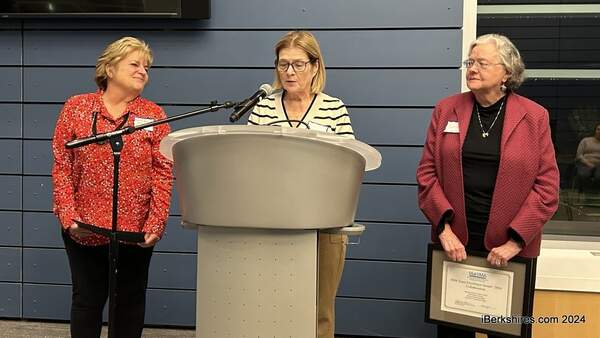BOSTON, Mass. — Local unemployment rates increased in twenty-one of twenty-four labor market areas in the state during the month of June 2024 compared to May 2024, the Executive Office of Labor and Workforce Development reported.
Compared to June 2023, the rates were up in all twenty-four labor market areas.
Of the fifteen areas for which employment estimates are published, all fifteen NECTA areas gained jobs compared to the previous month. The largest percentage increases occurred in the Barnstable Town (+6.2 percent), Pittsfield (+2.5 percent), and New Bedford (+2 percent) areas.
From June 2023 to June 2024, ten areas gained jobs with the largest percentage increases seen in the Pittsfield (+2.2 percent), Lynn-Saugus-Marblehead (+2.2 percent), and Peabody-Salem-Beverly (+2.1 percent) areas.
The statewide seasonally adjusted preliminary jobs estimate showed an increase of 19,000 jobs in June, and an over-the-year gain of 40,200 jobs.
In order to compare the statewide rate to local unemployment rates, the U.S. Department of Labor's Bureau of Labor Statistics estimates the statewide unadjusted unemployment rate for June 2024 was 4.0 percent, up 0.2 percentage points from the revised May 2024 estimate and was the 0.3 percentage points below the nation's unadjusted unemployment rate of 4.3 percent.
Last week, the Executive Office of Labor and Workforce Development reported the statewide seasonally adjusted unemployment rate in the month of June 2024 was 3.2 percent, up 0.2 percentage points compared to the revised May 2024 estimate. The Bureau of Labor Statistics reported the nation's seasonally adjusted unemployment rate for June 2024 increased by 0.1 percentage point over-the-month to 4.1 percent.
The unadjusted unemployment rates and job estimates for the labor market areas reflect seasonal fluctuations and therefore may show different levels and trends than the statewide seasonally adjusted estimates.
The estimates for labor force, unemployment rates, and jobs for Massachusetts are based on different statistical methodologies specified by the Bureau of Labor Statistics.
| If you would like to contribute information on this article, contact us at info@iberkshires.com. |















